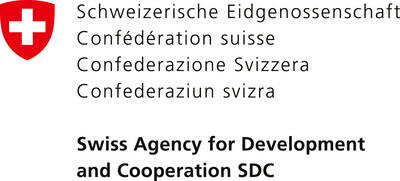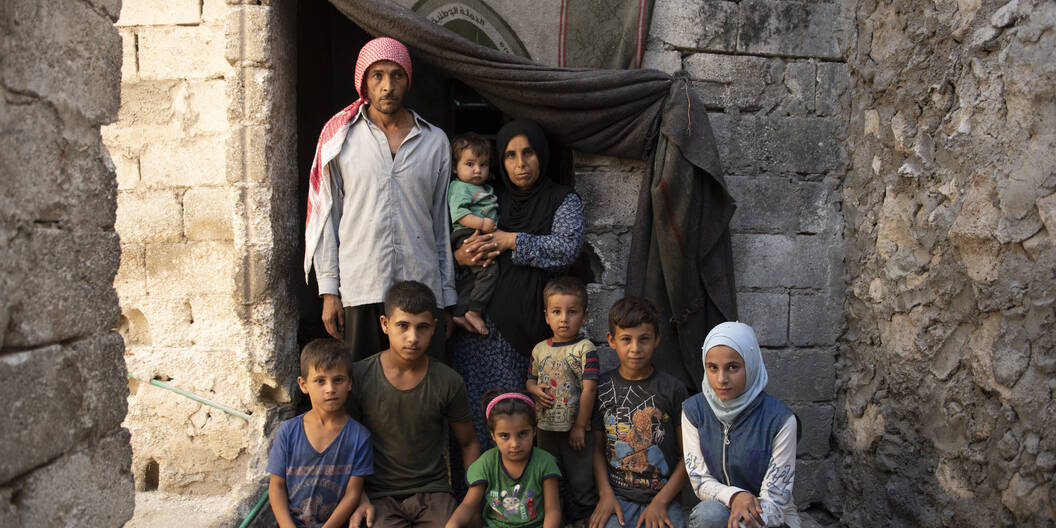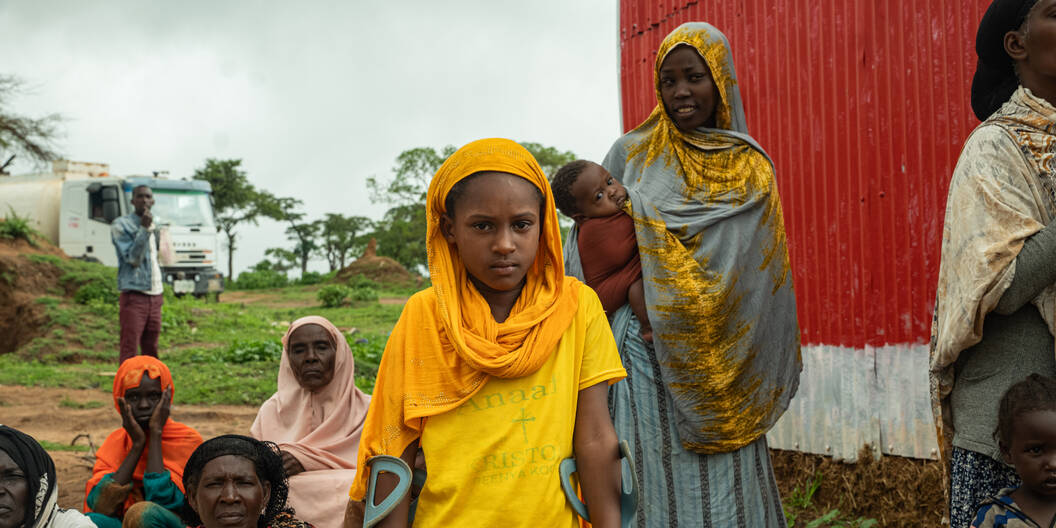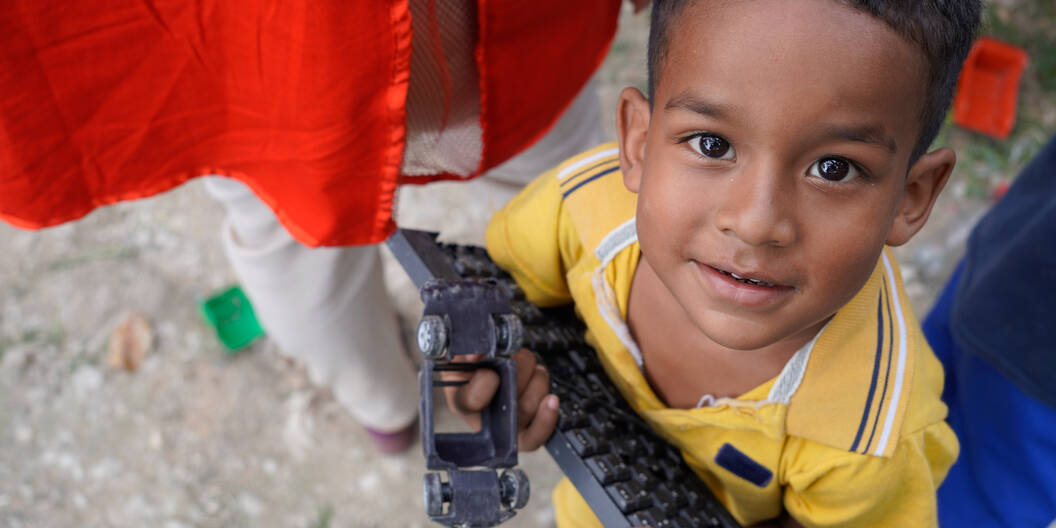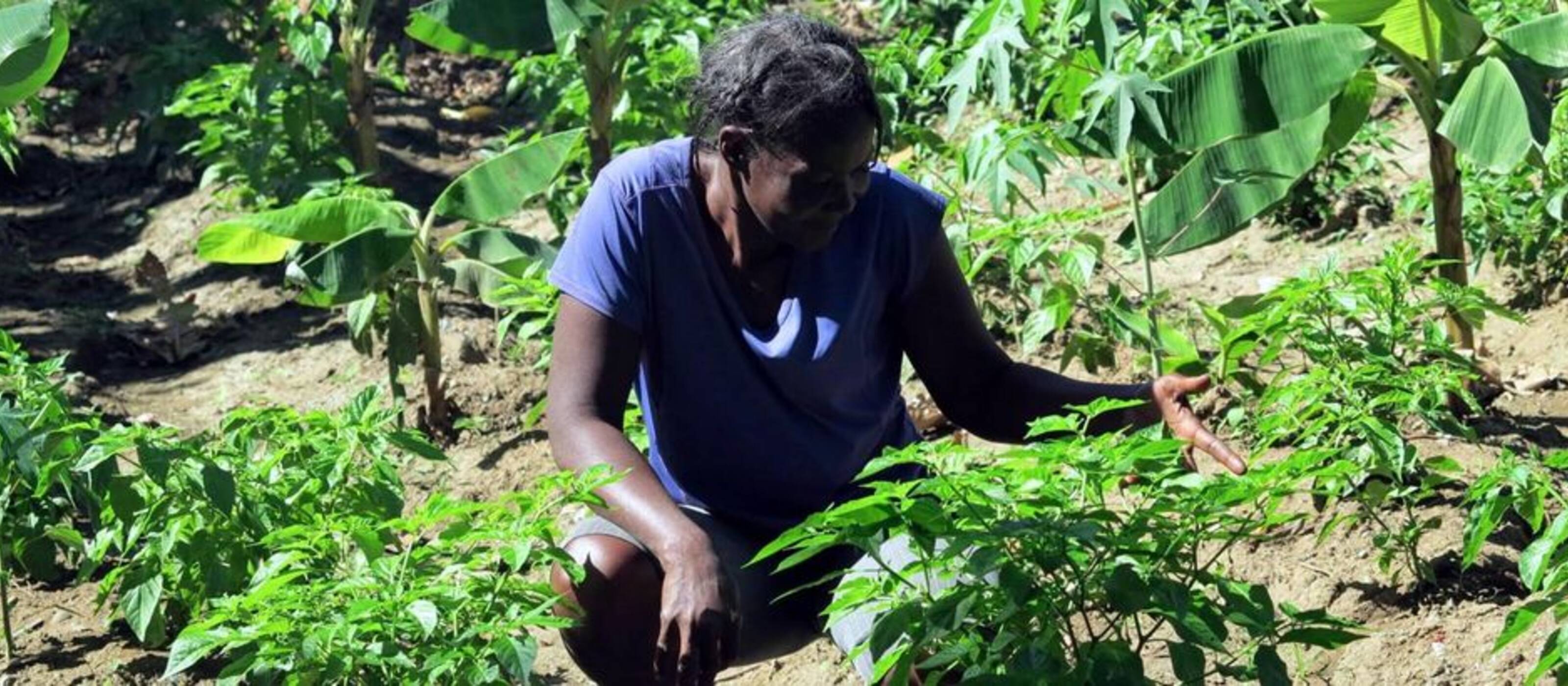

Better food security in Haiti’s North-Westfinished
Haiti: Project P180067
-
Project in detail
Facts and figures
Theme
Revenue
Budget
CHF 6'640'606
Project area
Haiti, Département Nord-Ouest, communes of Port-de-Paix, Anse-à-Fôleur and Saint-Louis-du-Nord
Target groups
- 3,000 families with malnourished children,
- 3,000 pupils,
- 300 market traders,
- 3,095 additional people and
- 5,130 beneficiaries of the cash-for-work programme
In total, 14'525 households are direct beneficiaries of this project.
Founded by
SDC, EU*
*This is funded/co-funded by the European Union. Its contents are the sole responsibility of Caritas Switzerland and do not necessarily reflect the views of the European Union.
